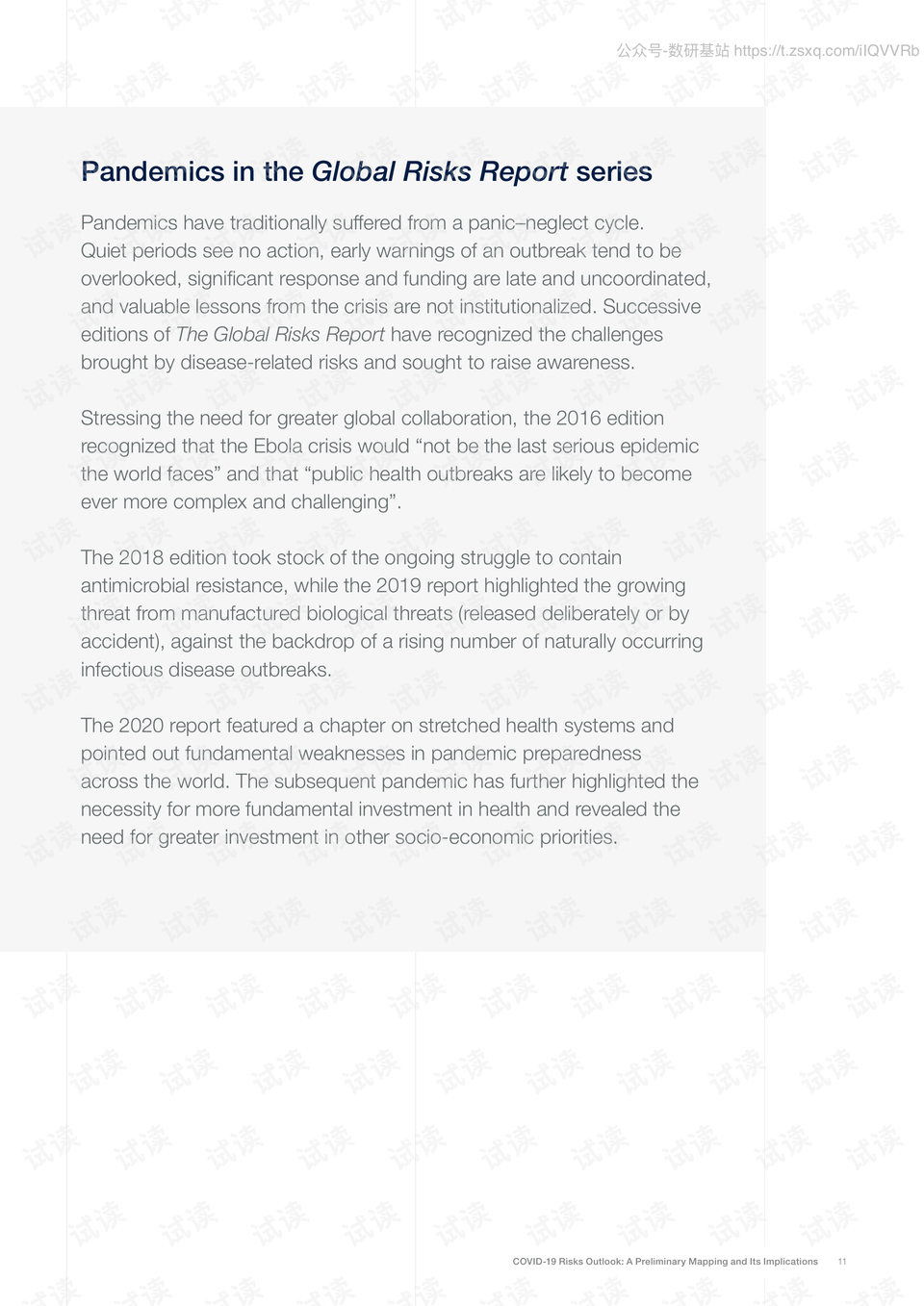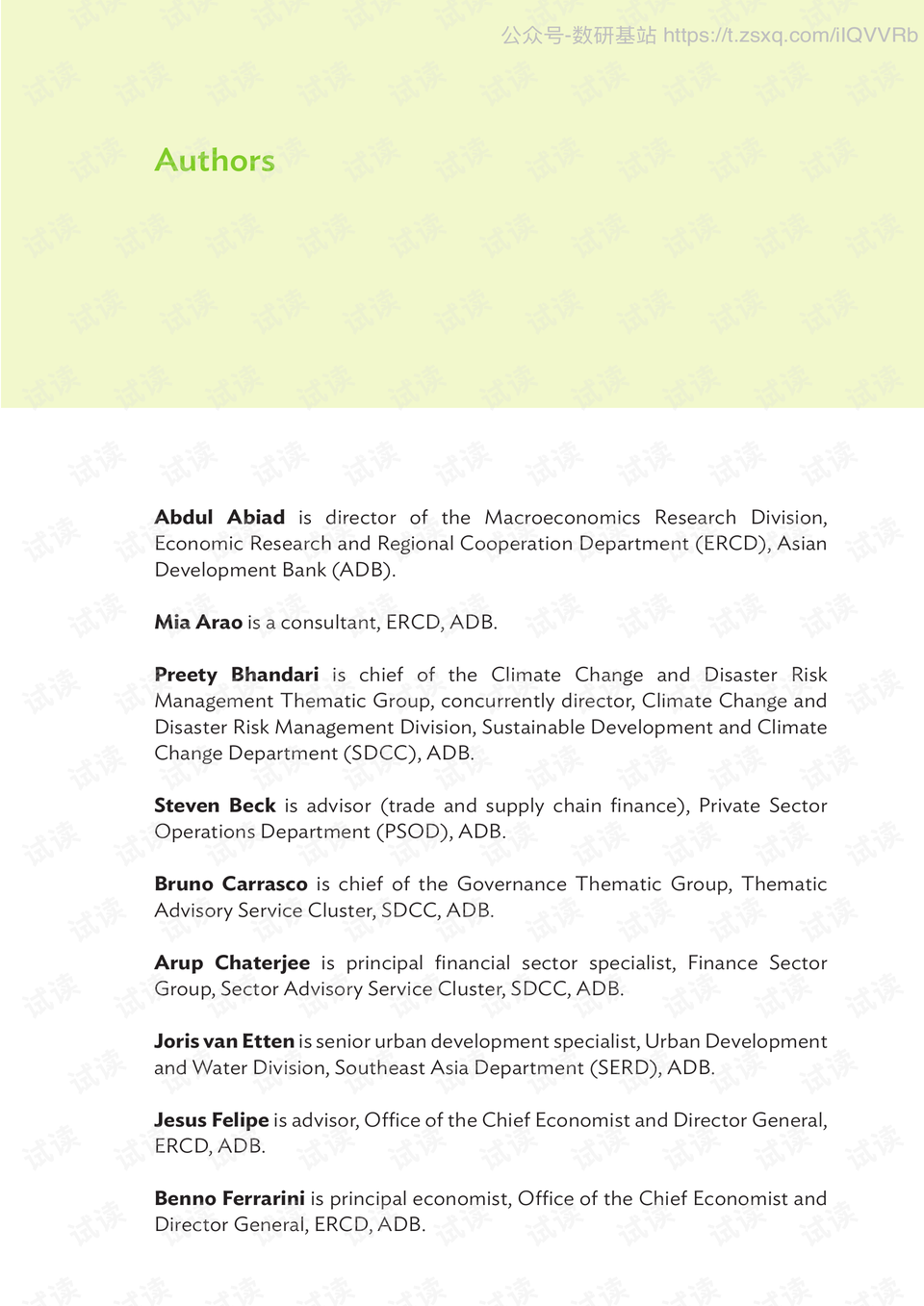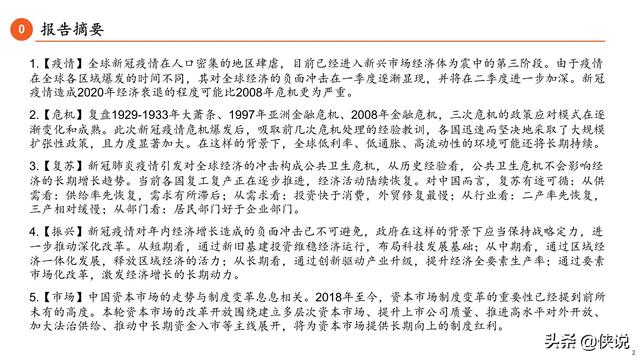Global Perspectives on COVID-19: Challenges, Responses, and Future Outlooks
Ladies and Gentlemen,
Good evening, and welcome to this important gathering. Today, I stand here before you with a heavy heart but also a glimmer of hope, as we collectively reflect on the unprecedented challenges posed by the COVID-19 pandemic and the resilience it has unleashed in our world.
The Pandemic's Impact: A Global Perspective
Firstly, let us acknowledge the sheer magnitude of this crisis. COVID-19 has not only reshaped our daily lives but has also redefined the boundaries of public health emergencies. It has spread across every continent, infecting millions and claiming the lives of countless individuals, both young and old, in every corner of the globe. The World Health Organization (WHO) estimates that as of my last update, over 500 million cases have been reported worldwide, with over 6 million deaths. These numbers are staggering and serve as a stark reminder of the global nature of this pandemic.
Economically, the pandemic has wreaked havoc on global markets, leading to unprecedented levels of unemployment, business closures, and a decline in global trade. The International Monetary Fund (IMF) predicts that the pandemic will push millions into poverty and cause a significant setback in development progress. The education sector has been particularly hard hit, with millions of children left without access to online or in-person learning, threatening their future prospects and the continuity of human knowledge.
The Heroes on the Frontline
Yet, amidst this darkness, there is a ray of light that shines brighter than ever before. It is the unwavering dedication and selflessness of healthcare workers, frontline responders, and essential service personnel who have risked their own lives to save others. From doctors and nurses working around the clock in overcrowded hospitals to delivery drivers ensuring food reaches our doors, each one of them is a hero in their own right. Their bravery and sacrifice have inspired us all and reminded us of the fundamental importance of human connection and compassion.
Science and Technology: The Silver Lining
The COVID-19 pandemic has also served as a catalyst for innovation and collaboration on a scale never seen before. Scientists from around the world have pooled their knowledge and resources to develop vaccines and treatments at an unprecedented pace. The race for a vaccine saw international partnerships forging new alliances, bypassing traditional barriers to accelerate research and development. The result? Multiple vaccines have been approved for emergency use or full approval, offering hope to millions who were once at the mercy of this virus.
Moreover, technology has played a crucial role in maintaining connectivity during physical distancing measures. Online education platforms, telemedicine services, and digital tools for business have become essential for keeping societies functioning. This digital transformation, though challenging for some, has also opened doors to new possibilities and accelerated the pace of change we were already heading towards.
The Need for Global Cooperation
However, despite these achievements, the pandemic underscores the need for stronger global cooperation and a reimagined approach to public health security. The initial response to the pandemic was marred by a lack of coordination, inadequate testing and tracing systems, and unequal access to vaccines and treatments across nations. This highlighted the need for a more resilient global health architecture that prioritizes prevention, preparedness, and equitable response to future health crises.
Vaccine Equity: A Moral Imperative
One of the most pressing issues today is vaccine equity. While some countries have secured sufficient doses for their populations, others are struggling to obtain even a single vaccine. This disparity not only undermines global health security but also fuels mistrust and inequality. It is a moral imperative that we work towards a world where no one is left behind in this race for immunity. This requires an international effort to share vaccines, technologies, and financial resources equitably.
Building Back Better: Lessons Learned
As we navigate the post-pandemic world, it is crucial that we learn from this experience and build back better. We must invest in public health infrastructure that can withstand future shocks. This includes strengthening healthcare systems, improving access to quality education, promoting digital inclusion, and fostering resilient communities. We must also address the underlying social and economic inequalities that leave certain segments of society more vulnerable to such crises.
A Sustainable Future: Towards a Greener Tomorrow
Furthermore, this pandemic has served as a wake-up call for our collective action on climate change. The lockdown measures implemented worldwide have temporarily reduced air pollution and carbon emissions, highlighting the potential for positive environmental outcomes when we work together. This presents an opportunity to reimagine our economies and societies in a way that is more sustainable and resilient to future crises. We must invest in clean energy solutions, sustainable transportation, and eco-friendly practices that can coexist with economic growth while preserving our planet's health.
Conclusion: Hope Amidst Adversity
Ladies and Gentlemen, as we look ahead, let us carry the lessons learned from this pandemic as a source of strength and inspiration. Let us use this time of adversity to build a more resilient, equitable, and sustainable world. Let us not forget the heroes who have fought bravely on the frontlines or the countless individuals who have adapted to new normalcies with resilience and hope. Together, we can create a future where no one is left behind and where we are all prepared for whatever challenges may come our way.
In closing, I leave you with these words: "We do not inherit the earth from our ancestors; we borrow it from our children." Let us ensure that we leave this planet in a better state than we found it, with a healthier environment, stronger communities, and a brighter future for generations yet unborn. Thank you.












 京ICP备11000001号
京ICP备11000001号
发表评论